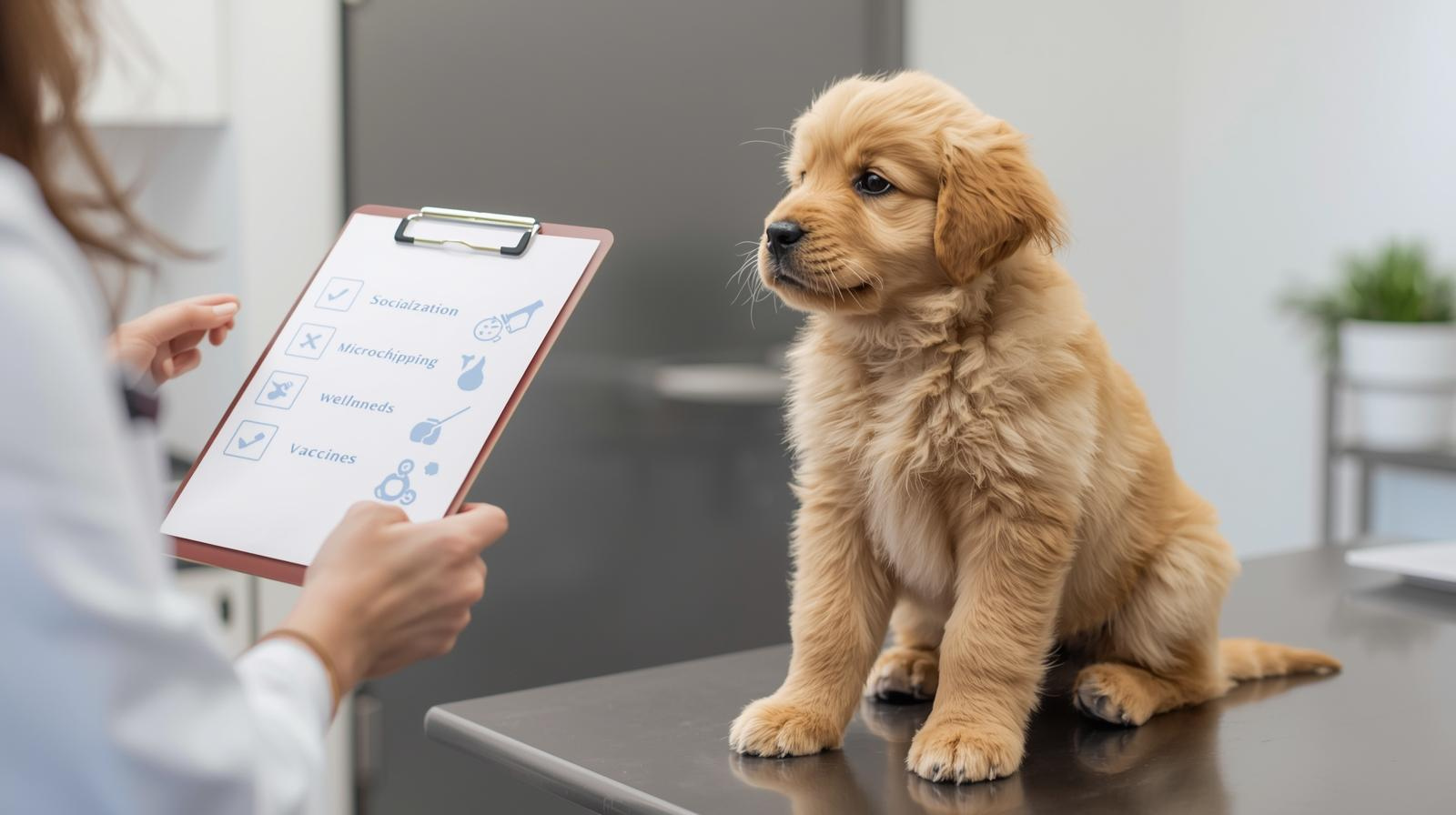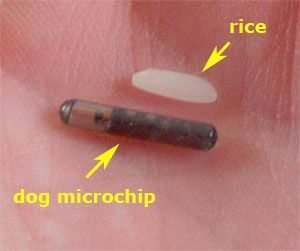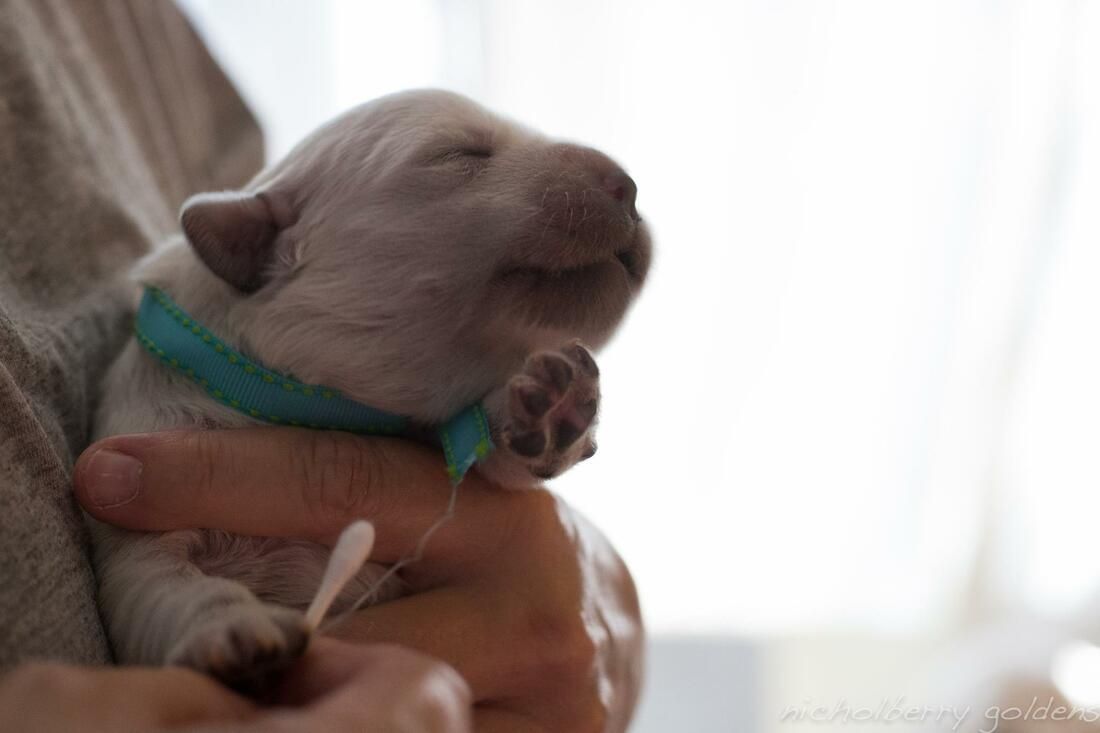Microchipping Your Puppy: What Responsible Breeders and Families Should Know
Small Step, Big Safety
Bringing home a new puppy means more than cuddles and playtime — it also means taking steps to protect them for life. One simple, lifelong safety measure is microchipping.
At Homemade Puppies, we believe lasting connections begin with responsible care. Many of our small, home-based breeders microchip puppies before they go home, helping ensure a lifetime of identification and safety. We continue to educate and encourage both breeders and families on the benefits of microchipping.
What Is a Microchip and How Does It Work?
A microchip is a tiny device, about the size of a grain of rice, placed just beneath the skin between a puppy’s shoulder blades. It contains a unique identification number that can be read with a scanner.
If a puppy is ever lost or separated from home, shelters and veterinarians can quickly scan the chip and match the number to the owner’s registered information. The procedure is quick, safe, and provides a lifetime form of ID that won’t fall off like a collar tag.
Learn more here:
American Veterinary Medical Association’s microchipping overview
Why It Matters for Breeders and Families

Microchipping reflects care, responsibility, and long-term commitment.
For breeders, it demonstrates professionalism and ensures families receive puppies who are well-prepared for every stage of life.
For families, it offers peace of mind knowing that if a puppy ever wanders, there is a reliable way to bring them safely home.
Registration only takes a few minutes — but it can make all the difference.
What to Ask Your Breeder or Veterinarian
When choosing a puppy, it helps to ask:
- Has the puppy been microchipped before going home?
- Will I receive documentation and registration details?
- What database is used to store the chip’s information?
- How do I update my contact information if I move or change numbers?
If your breeder does not provide microchipping, your veterinarian can easily complete the procedure during a wellness exam.
How Microchipping Fits Into a Wellness Foundation

At Homemade Puppies, we see wellness as a complete picture. Microchipping fits alongside early socialization, genetic testing, ENS/ESI, and responsible veterinary care. Together, these practices create a foundation of safety, trust, and lifelong support.
Tips for Families
- Register the microchip as soon as possible after adoption
- Keep your contact information updated in the database
- Ask your vet to scan the chip during annual checkups
- Pair microchipping with a secure collar tag for quick identification
These small habits help ensure your puppy is always safe and traceable.
Closing Thoughts
Microchipping is a simple, lasting way to protect your puppy and strengthen the bond between breeder, family, and dog. It represents the care and responsibility that define our network.
At Homemade Puppies, we continue educating breeders and families on practices that create confident, well-prepared companions who are safe, loved, and always able to find their way home.











